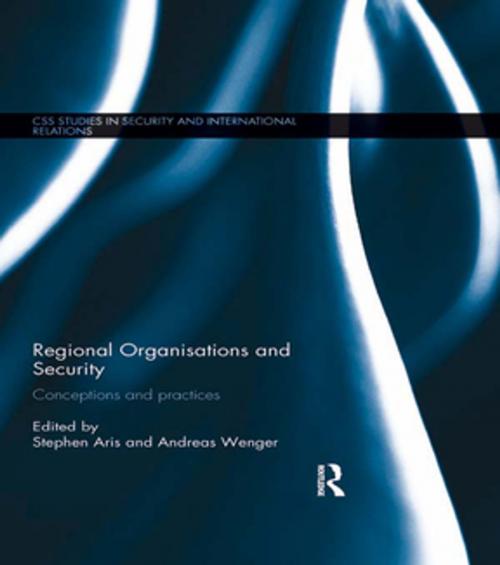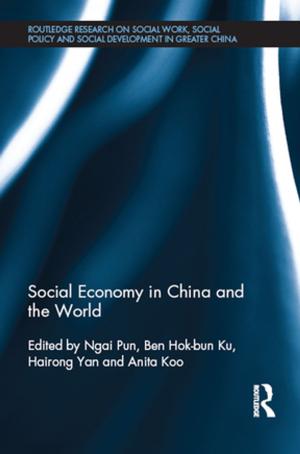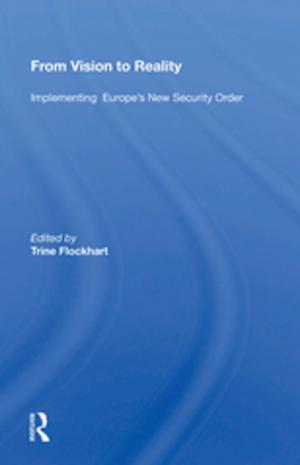Regional Organisations and Security
Conceptions and practices
Nonfiction, Social & Cultural Studies, Political Science, International, International Security, International Relations| Author: | ISBN: | 9781134118656 | |
| Publisher: | Taylor and Francis | Publication: | October 30, 2013 |
| Imprint: | Routledge | Language: | English |
| Author: | |
| ISBN: | 9781134118656 |
| Publisher: | Taylor and Francis |
| Publication: | October 30, 2013 |
| Imprint: | Routledge |
| Language: | English |
This book aims to examine the conceptions and practices of security adopted by Regional Organisations (ROs) across the globe.
Since the end of the Cold War, there has been an increased focus on regions as a relevant realm for security, with actors within regional contexts identifying a significant degree of interdependency between one another. As a consequence, international security has taken on a distinct regionally institutionalised character, as seen by the increase in calls for greater utilisation of ‘Chapter VIII: Regional Arrangements’ of the UN, in order to create a devolved UN-led system of global security management. However, the idea of a system of global security management is a remote prospect, because divergence seems to be as important as commonality in terms of regional security.
In light of the above, Regional Organisations and Security analyses the primary ROs that are active in Africa, Asia, Eurasia, the Middle East and South America. The findings of individual case studies are compiled to highlight disparities and similarities in how security is seen, prioritised, understood, practised, managed and implemented across regions. On this basis, the authors reach conclusions about whether we live in an increasingly globalised or regionally distinct world, and go on to assess the prospects for a globalised system of security management and consider how this might be developed and organised.
This book will be of interest to students of comparative regionalism, international organisations, international security and IR.
This book aims to examine the conceptions and practices of security adopted by Regional Organisations (ROs) across the globe.
Since the end of the Cold War, there has been an increased focus on regions as a relevant realm for security, with actors within regional contexts identifying a significant degree of interdependency between one another. As a consequence, international security has taken on a distinct regionally institutionalised character, as seen by the increase in calls for greater utilisation of ‘Chapter VIII: Regional Arrangements’ of the UN, in order to create a devolved UN-led system of global security management. However, the idea of a system of global security management is a remote prospect, because divergence seems to be as important as commonality in terms of regional security.
In light of the above, Regional Organisations and Security analyses the primary ROs that are active in Africa, Asia, Eurasia, the Middle East and South America. The findings of individual case studies are compiled to highlight disparities and similarities in how security is seen, prioritised, understood, practised, managed and implemented across regions. On this basis, the authors reach conclusions about whether we live in an increasingly globalised or regionally distinct world, and go on to assess the prospects for a globalised system of security management and consider how this might be developed and organised.
This book will be of interest to students of comparative regionalism, international organisations, international security and IR.















